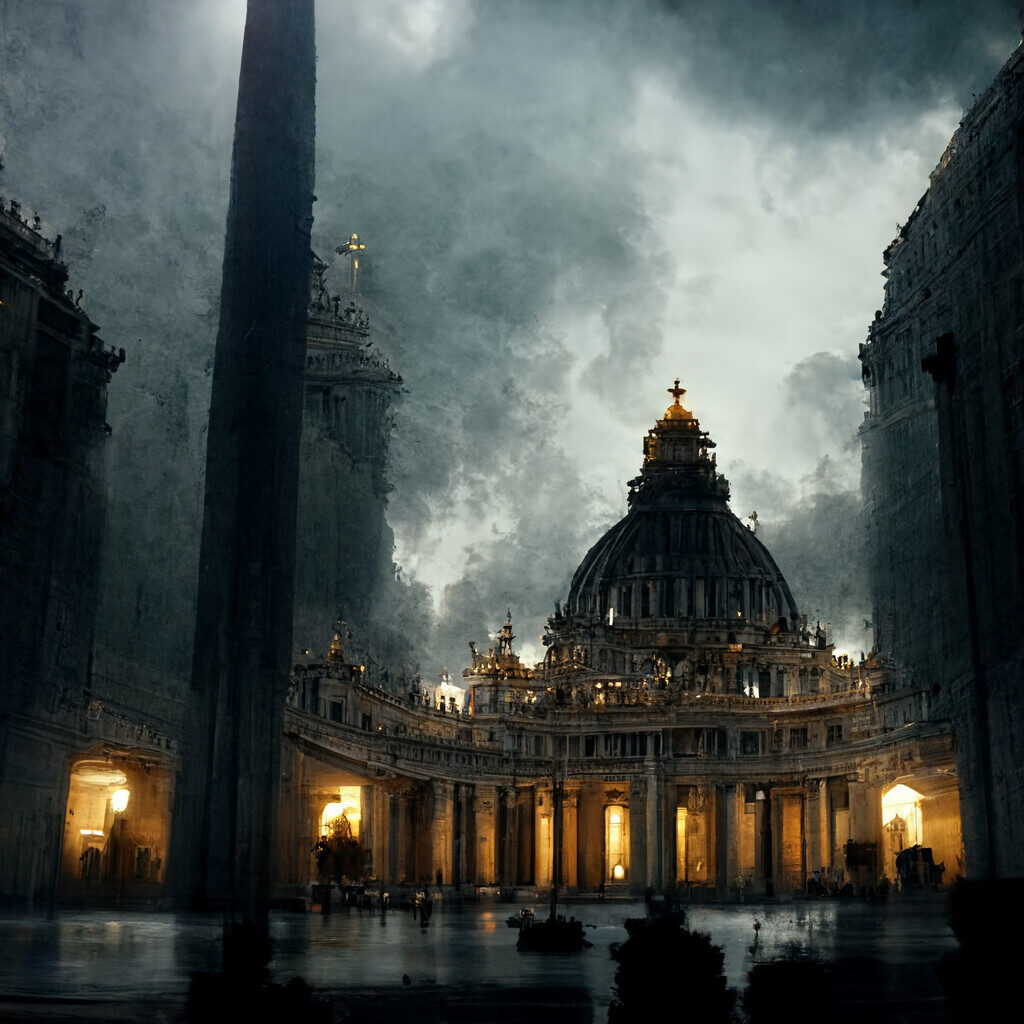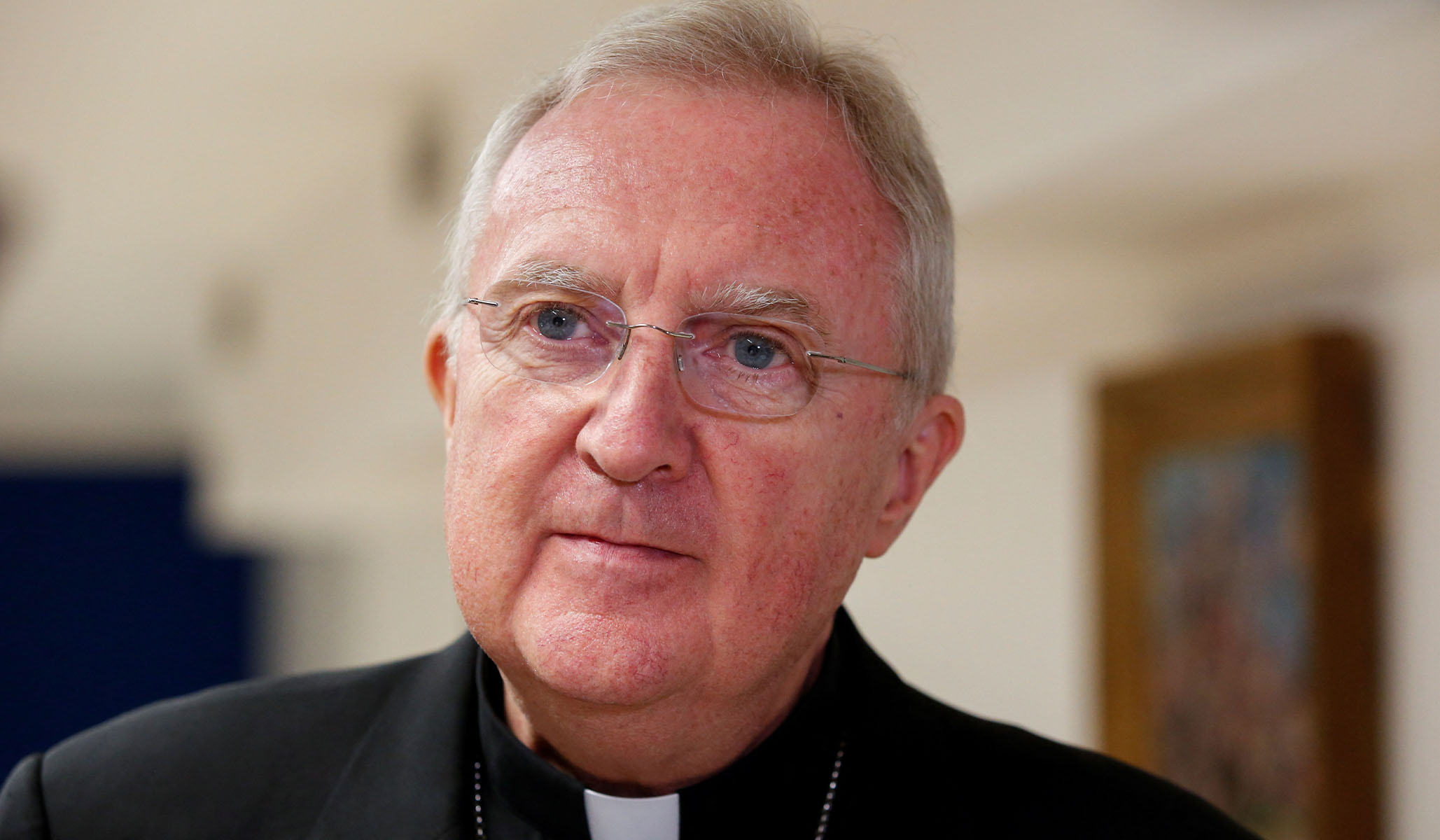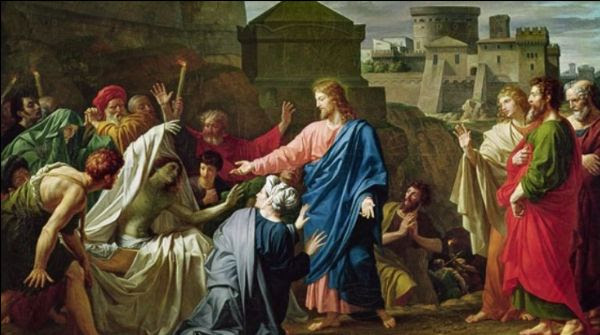The mystery of the Church is greater than just the Pope or the bishop. Sometimes popes and bishops did harm to the Church, but at the same time God used other instruments, often the simple faithful, simple priests, or a few bishops, to restore the holiness of faith and life within the Church.
To be faithful to the Church does not mean to obey interiorly all words and acts of a Pope or a bishop, since the Pope or a bishop are not identical to the entire Church. And if a Pope or a bishop supports a way which damages the integrity of the faith and the liturgy, then one is in no way obliged to follow him interiorly, because we have to follow the Faith and the norms of the Church of all ages, of the apostles and the saints.
The Catholic Church is the one and only Church which Christ founded, and it is the express will of God that all men should become members of His one Church, members of the Mystical Body of Christ. The Church is not the private property of a Pope; rather, he is only the vicar, the servant, of Christ. Therefore, one cannot make becoming a full Catholic dependent on the behavior of a particular Pope. One has surely to obey the Pope when he proposes infallibly the truth of Christ, when he speaks ex cathedra, which is very rare. We have to obey the Pope when he orders us to obey the laws and commandments of God, [and] when he makes administrative and jurisdictional decisions (appointments, indulgences, etc.). If, however, a Pope creates confusion and ambiguity regarding the integrity of the Catholic faith and the sacred liturgy, then one must not obey him, and one must obey the Church of all ages and the Popes who, over two millennia, were teaching constantly and clearly all the Catholic truths in the same sense. And these Catholic truths we find expressed in the Catechism. One has to obey the Catechism and the liturgy of all ages, which the saints and our forefathers followed.
Along with other reflections there is presented in the following lines a short summary of Prof. Roberto de Mattei’s masterly talk, “Obedience and Resistance in the History of the Church,” given at Rome Life Forum, 18 May 2018.
It is a false obedience when a person divinizes men who represent authority in the Church (Pope or bishop), when this person accepts orders and consents to affirmations of his superiors, which evidently harm and weaken the clarity and integrity of the Catholic faith.
Obedience has a foundation, a purpose, conditions, and limits. Only God has no limits: He is immense, infinite, eternal. Every creature is limited, and that limit defines his essence. Therefore, neither unlimited authority, nor unlimited obedience, exists on earth. Authority is defined by its limits, and obedience is also defined by its limits. Awareness of these limits leads to perfection in the exercise of authority and perfection in the exercise of obedience. The insuperable limit of authority is respect for the divine law of the integrity and the clarity of the Catholic faith, and respect for this divine law of the integrity and the clarity of the Catholic faith is also the insuperable limit of obedience.
Saint Thomas poses the question, “Are subjects bound to obey their superiors in all things?” (Summa theologica, II-IIae, q. 104, a. 5); his answer is negative. As he explains, the reasons why a subject cannot be bound to obey its superior in all things are twofold. Firstly: because of a command from a higher authority, given that the hierarchy of authorities must be respected. Secondly: if a superior commands a subject to do unlawful things, for example, when children are not bound to obey their parents in the matter of contracting a marriage, preserving virginity, or similar matters. Saint Thomas concludes: “Man is subject to God absolutely, and in all things, internal and external: he is therefore bound to obey God in all things. However, subjects are not bound to obey their superiors in all things, but in certain things only. (…) Hence one can distinguish three types of obedience: the first, being sufficient for salvation, obeys in obligatory matters only; the second, being perfect, obeys in all lawful things; the third, being disordered, obeys in unlawful matters also” (Summa theologica, II-IIae, q. 104, a. 3).
Obedience is not blind or unconditional but has limits. Where there is sin, mortal or otherwise, we have not merely a right, but a duty to disobey. This also applies in circumstances where one is commanded to do something harmful to the integrity of the Catholic faith or the sacredness of the liturgy. History has demonstrated that a bishop, an episcopal conference, a Council, [and] even a Pope pronounced errors in their non-infallible Magisterium. What, in such circumstances, should the faithful do? In his various works, Saint Thomas Aquinas teaches that, where the faith is at risk, it is lawful, even proper, to resist a papal decision publicly, as did Saint Paul to Saint Peter, the first Pope. Indeed, “Saint Paul, who was subject to Saint Peter, publicly rebuked him because of an imminent risk of scandal in a matter of faith. And Saint Augustine commented, “Even Saint Peter set an example so that those who governed, but on occasion strayed from the right path, should not refuse as improper a correction, even if originating from their subjects” (ad Galatians 2, 14)” (Summa theologica, II-II, q. 33, a. 4, ad 2).
Saint Paul’s resistance was manifested as a public correction of Saint Peter, the first Pope. Saint Thomas devotes an entire question to fraternal correction in the Summa. Fraternal correction can also be directed by subjects to their superiors, and by the laity against prelates. “Since however a virtuous act needs to be moderated by due circumstances, it follows that when a subject corrects his superior, he ought to do so in a becoming manner, not with impudence and harshness, but with gentleness and respect” (Summa theologica, II-II, q. 33, a. 4, ad 3). If there is a danger to the faith, subjects are bound to rebuke their prelates, including the Pope, even publicly: “Therefore, due to the risk of scandal in the faith, Paul, who was in fact subject to Peter, rebuked him publicly” (ibidem).
The person and the office of the Pope has its meaning in being only the Vicar of Christ, an instrument and not an end, and as such, this meaning must be used, if we do not want to turn the relationship between the means and the end upside down. It is important to underline this at a time where, especially among the most devoted Catholics, there is a lot of confusion in this regard. And also, obedience to the Pope or to the bishop is an instrument, not an end.
The Roman Pontiff has full and immediate authority over all the faithful, and there is no authority on earth superior to him, but he cannot, either by erroneous or by ambiguous statements, change and weaken the integrity of the Catholic faith, the divine constitution of the Church, or the constant tradition of the sacredness and the sacrificial character of the liturgy of the Holy Mass. If this happens, there is the legitimate possibility and duty of the bishops and even of the lay faithful not only to present private and public appeals and proposals of doctrinal corrections, but also to act in “disobedience” of a Papal order which changes or weakens the integrity of the faith, the Divine Constitution of the Church and the liturgy. This is a very rare, but possible, circumstance which does not violate, but confirms, the rule of devotion and obedience to the Pope who is called to confirm the faith of his brothers. Such prayers, appeals, proposals of doctrinal corrections, and a so-called “disobedience” are, on the contrary, an expression of love for the Supreme Pontiff in order to help him to convert from his dangerous behavior of neglecting his primary duty to confirm the entire Church unambiguously and vigorously in the faith.
One must recall also what the First Vatican Council taught: “The Holy Spirit was promised to the successors of Peter not so that they might, by his revelation, make known some new doctrine, but that, by his assistance, they might religiously guard and faithfully expound the revelation or deposit of faith transmitted by the apostles” (First Vatican Council, Dogmatic Constitution Pastor aeternus, chap. 4).
For the last few centuries, a legal positivism prevails in the life of the Church, combined with a kind of papolatry. Such an attitude aims at reducing the exterior orders of the superior and the law to a mere instrument in the hands of those who hold power, forgetting the metaphysical and moral foundation of the law itself. From this legalist standpoint, which now permeates the Church, that which the authority promulgates is always just.
Traditional spiritual treatises teach us how to obey the Church and the Pope, or the bishop. However, those refer to the times of normality, when the Pope and the bishops valiantly and unambiguously defended and protected the integrity of the faith and the liturgy. We are living now, obviously, in the exceptional time of a global crisis of the faith at all levels of the Church. A Catholic faithful has to recognize the supreme authority of the Pope, and his universal governance. However, we know that, in the exercise of his authority, the Pope may commit abuses of authority to the evident detriment of the Catholic faith and the sacredness of the liturgy of the Holy Mass, as has unfortunately occurred in history. We wish to obey the Pope: all Popes, including the current Pope, but if, in the teaching of any Pope, we find an evident contradiction, our rule of judgment follows the bi-millenary tradition of the Church, i.e., the constant teaching of the Popes throughout millennia and centuries.
According to Father Enrico Zoffoli, the worst evils of the Church do not originate from the malice of the world, interference, or persecution of the laity by other religions, but above all from the human elements which make up the Mystical Body: the laity and the clergy. “It is the disharmony produced by insubordination of the laity to the work of the clergy and of the clergy to the will of Christ” (Potere e obbedienza nella Chiesa, Milano 1996, p. 67):
To the authority of a Pope or a bishop which exceeds the limits of the divine law of the integrity and the clarity of the Catholic faith, one must mount firm resistance, which may become public. This is the heroism of our time, the gravest path to sanctity today. To become saints means doing the will of God; doing the will of God means obeying His law always, in particular, when this is difficult or when this places us in conflict with men, who, though as legitimate representatives of His authority on earth (Pope, bishop), are, unfortunately, spreading errors or weakening the integrity and the clarity of the Catholic faith.
Such moments are very rare in the history of the Church, yet they have happened, as it is evident in the sight of all, in our time also.
Many, in the course of history, have manifested heroic behavior, resisting the unjust laws of the political authority. Greater still is the heroism of those who have resisted the imposition by the ecclesiastical authority of doctrines which diverge from the constant Tradition of the Faith and the Liturgy of the Church. Filial, devout, respectful resistance does not lead to departure from the Church but multiplies love for the Church, for God, for His Truth, because God is the foundation of every authority and every act of obedience.
Because of the love for the Papal ministry, the honor of the Apostolic See and the person of the Roman Pontiff some saints, e.g. Saint Bridget of Sweden and Saint Catherine of Siena, did not shy from admonishing the Popes, sometimes even in somewhat strong terms, as we can see St. Bridget reporting the following words of the Lord, addressed to Pope Gregory XI: “Start to reform the church that I purchased with my own blood in order that it may be reformed and led back spiritually to its pristine state of holiness. If you do not obey this my will, then you can be quite sure that you are going to be condemned by me before all my heavenly court with the same kind of sentence and spiritual justice with which one condemns and punishes a worldly prelate who is to be stripped of his rank. He is publicly divested of his sacred, pontifical garb, defeated, and accursed. This is what I will do to you. I shall send you away from the glory of heaven. However, Gregory, my son, I admonish you again to convert to me with humility. Heed my counsel” (Book of Revelations, 4, 142).
St. Catherine of Siena, a Doctor of the Church, addressed the following blunt admonition to Pope Gregory XI, demanding that he vigorously reform the Church or, if he should fail to do it, renounce the papacy: “Most holy and sweet father, your poor unworthy daughter Catherine in Christ sweet Jesus, commends herself to you in His Precious Blood. Divine Truth demands that you execute justice on the abundance of many iniquities committed by those who are fed and pastured in the garden of Holy Church. Since He has given you authority and you have assumed it, you should use your virtue and power; and if you are not willing to use it, it would be better for you to resign what you have assumed; more honor to God and health to your soul would it be.”
When those in authority in the Church (Pope, bishops), as it is the case in our time, fail to fulfill faithfully their duty to keep and defend the integrity and the clarity of the Catholic faith and the liturgy, God calls the subordinates, often the little and simple ones in the Church, to compensate for the defects of the superiors, by means of appeals, proposals of correction, and, most powerfully, by means of vicarious sacrifices and prayers.
During the deep crisis of the Church in the fifteenth century, where the high clergy often gave a bad example and failed grievously in their pastoral duties, Nicholas Cardinal of Cusa (1401-1464) was deeply moved by a dream in which he was shown that spiritual reality of the power of self-offering, prayer, and the vicarious sacrifice. He saw in a dream the following scene: More than a thousand nuns were praying in the little church. They were not kneeling but standing. They stood with open arms, palms facing upwards in a gesture of offering. In the hands of a thin, young, almost child-like nun, Nicholas saw the Pope. You could see how heavy this load was for her, but her face was radiating a joyful gleam. This attitude we should emulate.





























